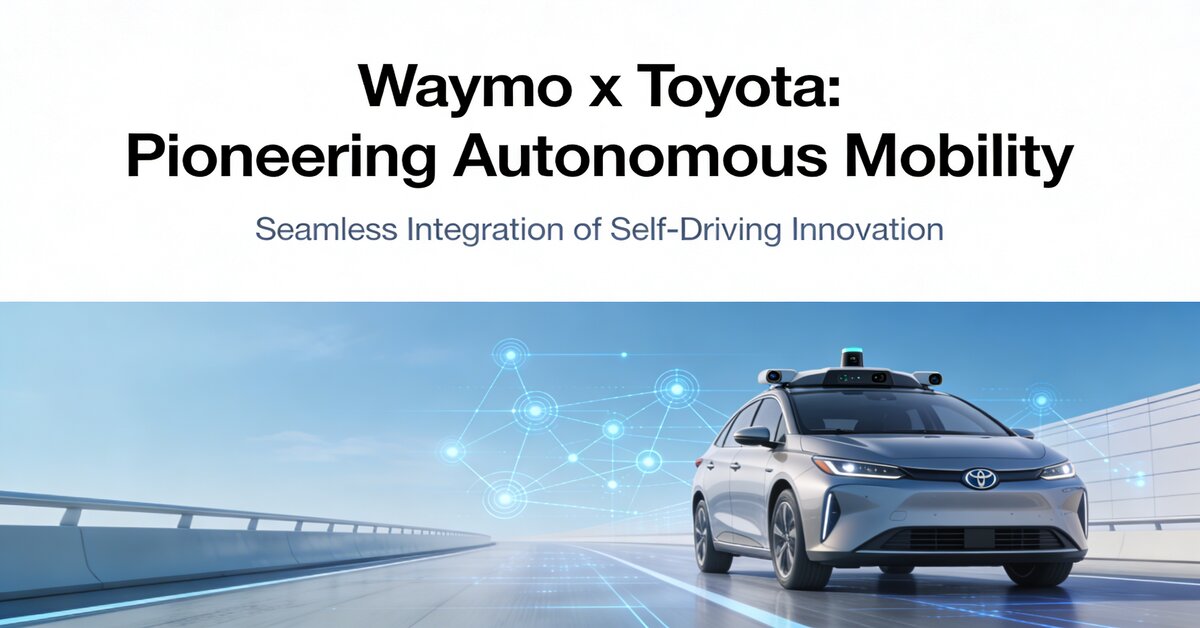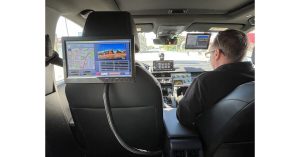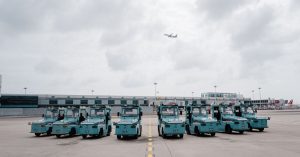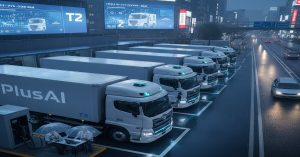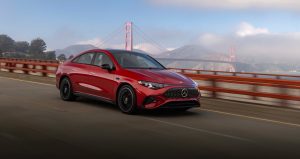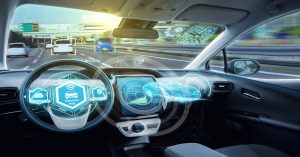In a significant move within the autonomous vehicle industry, Waymo and Toyota have announced a new partnership aimed at accelerating the development of personally owned self-driving cars—a sector where Tesla currently holds a psychological edge, despite its own challenges.
Waymo, widely regarded as the current leader in autonomous driving technology, is already operating a commercial self-driving taxi service, delivering around 250,000 paid rides each week in limited U.S. markets. Meanwhile, Tesla is working to catch up in the ride-hailing space, with a small-scale autonomous pilot slated to begin in Austin this June, using just 10 to 20 vehicles.
However, when it comes to self-driving cars for individual ownership—vehicles consumers can buy and keep—Tesla has maintained a first-mover advantage in public perception. Even though its “Full Self-Driving” (FSD) software is still in a supervised, beta-like state, Tesla has long promised that its existing vehicle fleet would be capable of full autonomy with future software updates.
Tesla’s vision hinges on achieving unsupervised autonomy using only the cameras and onboard computing already built into its cars. If it can deliver on that promise, it could leap ahead of competitors, especially in the personally owned segment. Its seamless integration of sensors also gives it a design advantage that appeals to car buyers—something less relevant in fleet-dominated applications like ride-hailing, where Waymo has focused most of its energy.
Now, Waymo is signaling a pivot. Together with Toyota and its innovation subsidiary, Woven by Toyota, the companies are exploring a deeper collaboration that could bring Waymo’s autonomous driving tech to Toyota’s mass-market vehicles. The goal is to co-develop a next-generation autonomous platform tailored for personally owned vehicles (POVs).
According to the companies, the initiative will merge Waymo’s self-driving software and sensor expertise with Toyota’s scale and vehicle manufacturing prowess. Though the partnership is still in early stages, the direction is clear: enabling self-driving capability in consumer vehicles rather than just internal ride-hailing fleets.
This strategy puts Waymo in the rare position of doing something Tesla CEO Elon Musk has teased for years but hasn’t yet delivered—striking deals to embed self-driving software into vehicles from other automakers. Despite Musk’s frequent mentions of licensing FSD to other carmakers, no such partnerships have been publicly confirmed.
Notably, this isn’t Waymo’s first automaker alliance. The company previously announced a collaboration with Hyundai focused on deploying Hyundai’s vehicles in Waymo’s ride-hailing fleet. But the Toyota deal appears to be a deeper foray into consumer-focused autonomy.
Electrek’s Take
This development is more than just another industry tie-up—it’s potentially a game-changer. Waymo, the top name in self-driving tech, teaming up with Toyota, the world’s largest carmaker, could shift the balance of power in the race for autonomous personal vehicles.
If successful, the collaboration could refute one of Musk’s central criticisms of Waymo: that its tech is too expensive to scale beyond fleets. Waymo has always countered that safety takes precedence over cost, especially for commercial services. But with Toyota’s manufacturing capabilities and global reach, cost-effective consumer deployment may no longer be out of reach.
In essence, Waymo and Toyota are betting that the future of autonomous driving won’t be limited to fleet services. It’s a direct challenge to Tesla’s vision—and perhaps a signal that the self-driving wars are just heating up.

